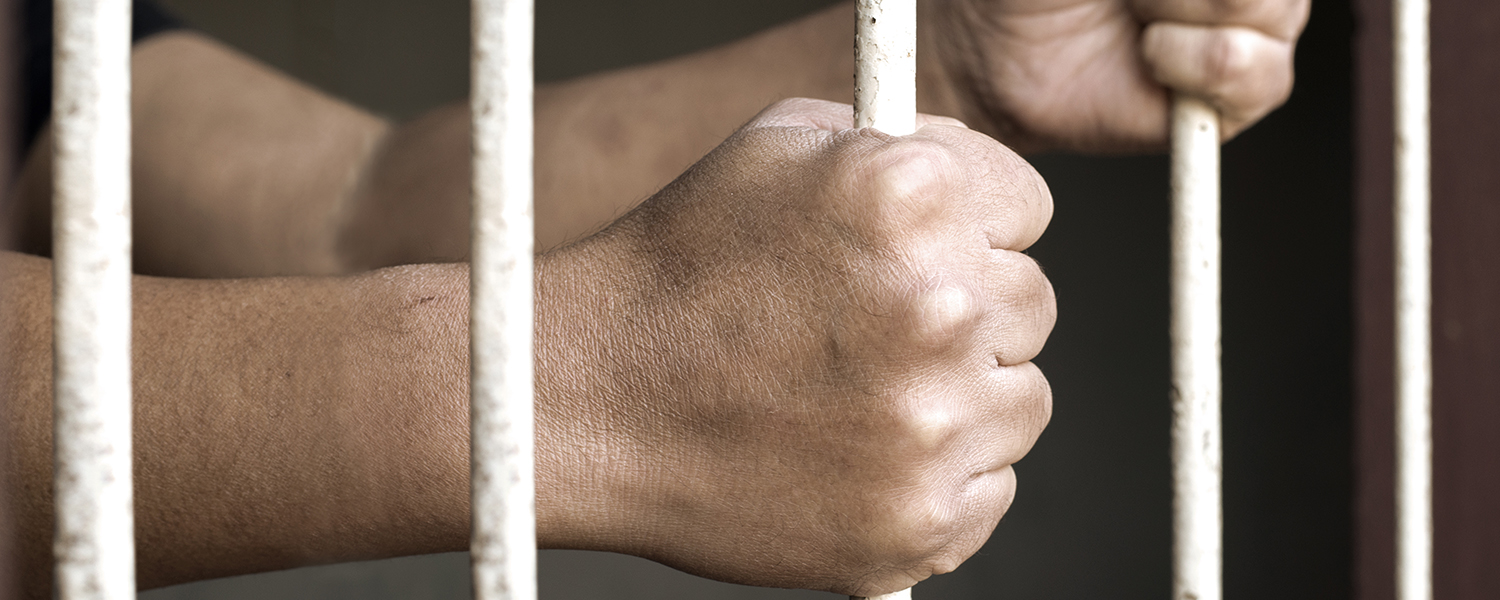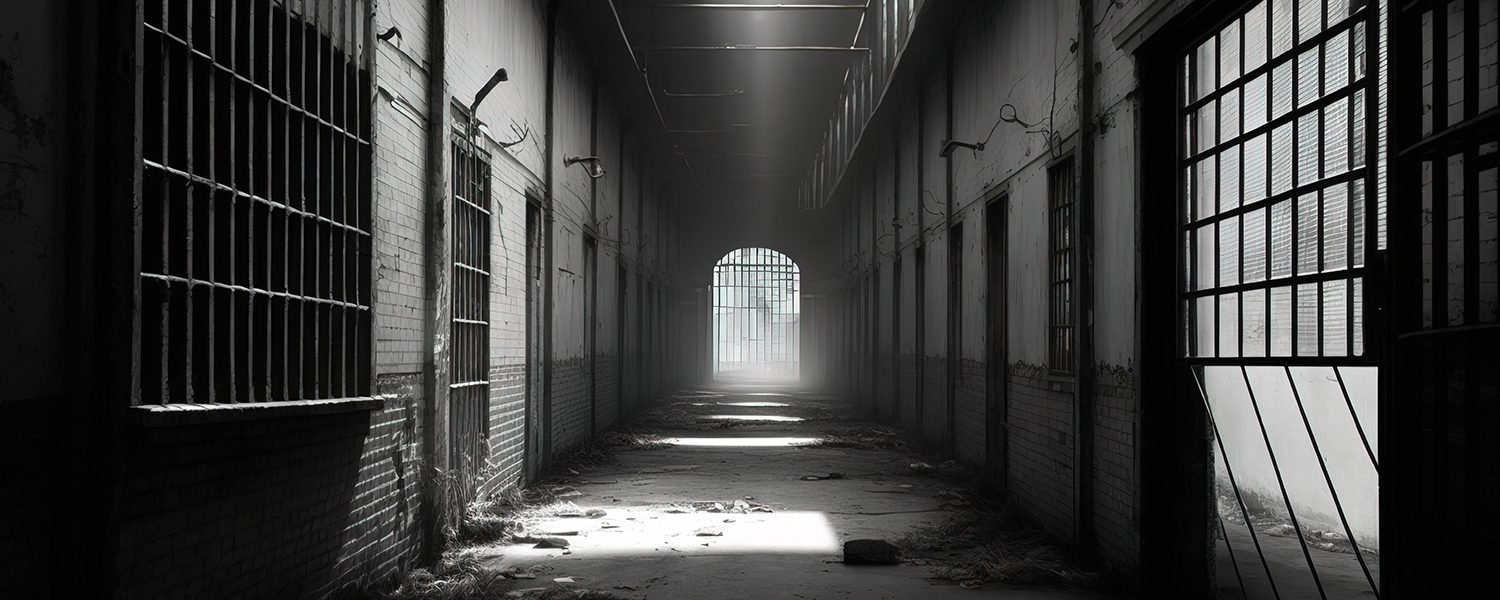Personal Injury News: Pick Of Last Month: May-2024
Family of Navy Veteran Settles Lawsuit for $7.5M

Family members of a Navy veteran who died in 2020 after a police officer pressed a knee to his neck for nearly five minutes during a mental health crisis have settled a federal lawsuit against the Northern California city of Antioch for $7.5 million, according to their attorneys.
Following the tragic incident, the victim's family advocated for reforms that led to changes in city and state law enforcement responses to individuals experiencing mental health crises.
One of the family’s attorneys stated that while no amount of money can compensate for the victim's death, the family deserves commendation for their unwavering commitment to improving the relationship between the community and the Antioch police.
The lawsuit alleged that Antioch police officers used excessive force when restraining the victim. Defendants included the city of Antioch, the then-police chief, and four officers who responded to a 911 call from the victim's family. The family had called the police on December 23, 2020, because the 30-year-old veteran was in mental distress and needed help.
During the incident, one officer pressed a knee on his neck for nearly five minutes while another restrained his legs, as detailed in the complaint. After about five minutes of the prone restraint, the victim appeared to become totally unresponsive, lost consciousness, and was transported by ambulance to a hospital where he died three days later.
Antioch's mayor acknowledged that the victim’s death was a catalyst for change in the city of 115,000 people, located 45 miles east of San Francisco. “How we look at public safety is different than it was literally three or four years ago when we all thought public safety meant cops, cops, cops,” he said. “Not everything requires a police response.”
In response to the incident, Antioch police officers were equipped with body cameras, and city officials established a mental health crisis team and a police review commission. The victim's mother expressed gratitude for the policy changes and emphasized that her family's fight is not yet over. “I thank you for what has been a courageous beginning to bring about transparency and accountability to the Antioch Police Department so that it may serve our diverse community with respect and mutual trust,” she said.
The deceased veteran, who was born in the Philippines, had served in the U.S. Navy and was honorably discharged in 2019 due to a food allergy, according to his family. Although he had struggled with depression most of his life, his behavior significantly changed after an apparent assault in early 2020. Following the assault, he woke up in a hospital with no memory of the incident, serious injuries, and stitches. This event marked the beginning of episodes of paranoia and anxiety, as described by his family.
The settlement and subsequent reforms highlight the importance of appropriate responses to mental health crises and the need for ongoing efforts to ensure law enforcement agencies serve their communities with respect and accountability.
Maryland Approves $3M+ for Man Wrongly Imprisoned 31 Years

Maryland officials approved over $3 million in compensation for a Baltimore man who spent 31 years in prison on a wrongful murder conviction.
During a Board of Public Works meeting, the governor apologized to the man, expressing regret for the justice system's failure. "On behalf of the entire state, I'm sorry for the failure of the justice system," he said, adding that while no amount can make up for the injustice, he hoped the state could provide compensation "in a way that your family deserves."
The accused was a 25-year-old new father when convicted in 1987 of first-degree murder and a gun crime, had no physical evidence linking him to the murder. Multiple witnesses testified that he was not the shooter, and several people confirmed his whereabouts at the time of the crime. The prosecution’s key witness, who was 12 years old at the time, later recanted his testimony, claiming he was manipulated by the police.
The plaintiff, now 63, was released in October 2018 after his convictions were vacated by the Baltimore City Circuit Court. In January 2019, the Baltimore state’s attorney’s office dismissed the charges. An administrative law judge determined that, under state law, the plaintiff is entitled to $94,991—the current median household income in Maryland—for each of the 31 years he was wrongfully incarcerated. In addition to nearly $3 million for wrongful confinement, he will receive more than $89,000 to resolve housing benefit claims.
The compensation is a significant acknowledgment of the wrongful conviction and the impact of the decades-long injustice on the man's life. The governor's apology and the financial settlement aim to provide some measure of restitution for the years lost.
Feds to Face Trial Over Abuse at Closed California Prison

The federal Bureau of Prisons will face trial next year over claims it fostered an environment where guards sexually abused incarcerated women at the now-closed FCI Dublin in California.
This decision was ordered by a U.S. District Court judge in the first public hearing since the facility's closure last month. The judge also appointed an outside legal expert to continue handling the cases of around 600 women who were transferred out of the prison, many of whom reported mistreatment during the transfer process.
The judge, expressing concerns for the inmates' well-being, scheduled a case management conference for September 9 and set the trial date for June 23, 2025. Attorneys for the women who exposed the abuse have indicated their willingness to settle, but they insist on "lasting changes, including medical and mental health care" as part of any agreement.
In a statement following the hearing, the Bureau of Prisons expressed appreciation for the judge's efforts and a readiness to engage with the court and the appointed special master. However, the bureau did not immediately comment on the hearing specifics, maintaining its stance of not discussing ongoing court matters.
The Bureau of Prisons unexpectedly announced the closure of FCI Dublin on April 15, despite previous efforts to reform the facility following revelations of widespread staff-on-inmate assaults. The closure was announced just 10 days after the judge appointed a special master to oversee the prison near Oakland. The bureau has stated that the decision to close the facility was carefully deliberated over several months.
Inmates at FCI Dublin filed a lawsuit against the Bureau of Prisons last August, accusing the agency of failing to eliminate sexual abuse. The upcoming trial and the continued involvement of the special master underscore the ongoing efforts to address and resolve the allegations of systemic abuse and mistreatment within the federal prison system.
Uvalde Families Sue Texas Police for Botched Shooting Response

The families of 19 victims of the Uvalde elementary school shooting in Texas have filed a $500 million federal lawsuit against nearly 100 state police officers involved in the flawed law enforcement response to one of the deadliest school shootings in U.S. history.
Additionally, they have reached a $2 million settlement with the city, which includes promises for higher standards and better training for local police.
The lawsuit and settlement were announced just two days before the second anniversary of the massacre. On May 24, 2022, a teenage gunman entered Robb Elementary School, killing 19 fourth-graders and two teachers. The lawsuit, which seeks at least $500 million in damages, is one of several attempts to hold law enforcement accountable for their response.
More than 370 federal, state, and local officers were at the scene, but they waited over 70 minutes before confronting the shooter.
This lawsuit follows a 600-page Justice Department report released in January, which documented “cascading failures” in training, communication, leadership, and technology. According to the lawsuit, state troopers did not follow their active shooter training or confront the shooter, despite students and teachers following lockdown protocols by turning off lights, locking doors, and staying silent.
“The protocols trap teachers and students inside, leaving them fully reliant on law enforcement to respond quickly and effectively,” the families and their attorneys said in a statement. During the attack, terrified students inside the classroom called 911, while parents outside begged officers to intervene. Eventually, a tactical team entered the classroom and killed the shooter.
“Law enforcement’s inaction that day was a complete and absolute betrayal of these families and the sons, daughters, and mothers they lost,” said an attorney for the families. “TXDPS had the resources, training, and firepower to respond appropriately, and they ignored all of it and failed on every level. These families have not only the right but also the responsibility to demand justice.”
A criminal investigation into the police response is ongoing. A grand jury has been summoned, and some law enforcement officials have been called to testify. The latest lawsuit names 92 Texas Department of Public Safety officials and troopers, as well as the Uvalde School District, the former Robb Elementary Principal, and the former Uvalde schools police Chief. The state police response included nearly 150 U.S. Border Patrol agents.
Among the defendants are two troopers who were fired, another who left the agency, and several others who were investigated. The highest-ranking DPS official named is the South Texas Regional Director. The Texas DPS declined to comment on pending litigation. The plaintiffs are the families of 17 children killed and two others who were wounded.
A separate lawsuit filed in December 2022 by different plaintiffs against local and state police, the city, and other entities seeks at least $27 billion and class-action status for survivors. Additionally, two other lawsuits have been filed against Georgia-based gun manufacturer Daniel Defense, which made the AR-style rifle used by the gunman.
The families' settlement with the city, capped at $2 million to avoid bankrupting the community, will be paid from the city’s insurance coverage. “The last thing they want to do was inflict financial hardship on their friends and neighbors in this community. Their friends and neighbors didn’t let them down,” said one of the attorneys for the families during a news conference in Uvalde.
The city of Uvalde released a statement expressing hope that the settlement would bring “healing and restoration” to the community. “We will forever be grateful to the victims’ families for working with us over the past year to cultivate an environment of community-wide healing that honors the lives and memories of those we tragically lost. May 24th is our community’s greatest tragedy,” the city said.
However, the father of a slain 9-year-old noted the sparse attendance at the announcement, held in the same Uvalde Civic Center where families learned their children were dead or wounded. “On the way over here, I saw the sticker, which I see everywhere, ‘Uvalde Strong.’ If that was the case, this room should be filled, and then some. Show your support. It’s been an unbearable two years. ... No amount of money is worth the lives of our children. Justice and accountability has always been my main concern.”
Under the settlement, the city agreed to a new “fitness for duty” standard and enhanced training for Uvalde police officers. It also establishes May 24 as an annual day of remembrance, a permanent memorial in the city plaza, and support for mental health services for the families and the greater Uvalde area.
The police response to the mass shooting has been criticized by state and federal authorities. A 600-page Justice Department report in January catalogued “cascading failures” in training, communication, leadership, and technology. Another report commissioned by the city noted numerous missteps by law enforcement but defended local police actions, which angered victims' families.
“For two long years, we have languished in pain and without any accountability from the law enforcement agencies and officers who allowed our families to be destroyed that day,” said a woman whose daughter and nephew were killed. “This settlement reflects a first good faith effort, particularly by the City of Uvalde, to begin rebuilding trust in the systems that failed to protect us.”
1931 Wrongful Execution Exoneree's Family Seeks Damages

The family of the youngest person ever executed in Pennsylvania—a 16-year-old who was sent to the electric chair in 1931 and exonerated by the governor in 2022—is suing the county that prosecuted him.
The teenager was convicted of murder for the October 1930 icepick stabbing of a white woman in her cottage at his reform school. The victim, a 34-year-old woman, had been stabbed 47 times. Her ex-husband, who also worked at the school, found the body and reported it, but a photograph of an adult’s bloody handprint and evidence of her divorce due to "extreme cruelty" were not mentioned at the trial.
Despite his smaller hands, lack of eyewitnesses, and no evidence linking him to the crime, the accused quickly became a suspect. He was interrogated for days without his parents or a lawyer present and ultimately signed three confessions. Convicted by the jury on January 7, 1931, he was executed five months later, on June 8.
“They murdered him,” said the last surviving sibling of the family’s 13 children at a press conference. “They need to pay for killing my brother.” She was only a year old at the time, and her parents, devastated, abandoned their boarding house business and left town as the scandal garnered national attention.
“This tragedy haunted the family, haunted the parents, haunted the trial lawyer and his family,” said the family’s Philadelphia lawyer, who filed the federal lawsuit against Delaware County and the estates of two detectives and a prosecutor who pursued the case.
“There was nothing to connect him to the murder. He was a convenient Black boy at the hands of these detectives and this prosecutor,” the lawyer said. The governor apologized on behalf of Pennsylvania when he exonerated the accused, calling his execution “an egregious miscarriage of justice.” The District Attorney said the teen’s constitutional rights had been violated, and a Delaware County judge vacated the conviction.
The teenager had been sent to the Glen Mills School for Boys for starting a fire that burned down a barn. The 193-year-old school closed in 2019 after a Philadelphia Inquirer investigation into decades-long allegations of child abuse.
The family argues they have the same right to pursue damages as more recent exonerees. Exonerees from Philadelphia joined the family at the podium, calling for “collective outrage” over how innocent people are treated by police, prosecutors, and the justice system, whether today or a century ago.
Astroworld Lawsuit Ends as 9-year-old's Family Settles

In the aftermath of the tragic events at the 2021 Astroworld festival, an American rapper, Live Nation Entertainment, and other defendants have reached a settlement in the final remaining wrongful death lawsuit filed by the family of the youngest victim of the crowd crush.
The 9-year-old victim attended the festival with his father and was tragically trampled during the chaos, leading to his untimely death after being placed in a medically induced coma.
With the resolution of this lawsuit, the family's attorney expressed their satisfaction in bringing closure to their claim and emphasized their commitment to the healing process while honoring their son's memory.
While many of the wrongful death lawsuits were settled earlier this month, the family's case had remained unresolved, prompting preparations for a trial scheduled for September. Despite the settlement in the civil lawsuit, legal proceedings against the rapper are ongoing, with active civil litigation slated for trial in October.
Notably, a Texas grand jury concluded after a thorough investigation that criminal charges against the rapper were not warranted in connection to the Astroworld tragedy, adding a layer of complexity to the legal aftermath of the incident.
LA Jury Grants $58M to Hurt Train Yard Worker
 In a case involving a train yard worker at Kinkisharyo International's Palmdale facility, a Los Angeles jury granted $58 million.
In a case involving a train yard worker at Kinkisharyo International's Palmdale facility, a Los Angeles jury granted $58 million.
The 46-year-old, operating as an independent contractor for Altech Services, sustained a micro-fracture in his left foot after slipping while conducting electrical repairs.
Despite the injury, he resumed work the following day, remaining full-time for nearly 18 months. However, two months post-fall, he underwent foot surgery, resulting in a diagnosis of complex regional pain syndrome, ultimately forcing him out of work.
The lawsuit holds Kinkisharyo accountable for disregarding employee safety, emphasizing the demanding work pace imposed on workers without considering safety protocols. Allegedly, this negligence and unrealistic repair deadlines led to the worker's injuries.
Throughout the trial, Kinkisharyo challenged liability, arguing the plaintiff was its employee, restricting his recovery options to workers' compensation. However, the jury unanimously dismissed this defense. Additionally, the defense contested various aspects, including the circumstances of the fall, foot fracture, CRPS diagnosis, and extent of damages.
Ultimately, the jury ruled in favor of the plaintiff, granting $54,158,431.00 in compensatory damages and $4,200,000 in punitive damages.

